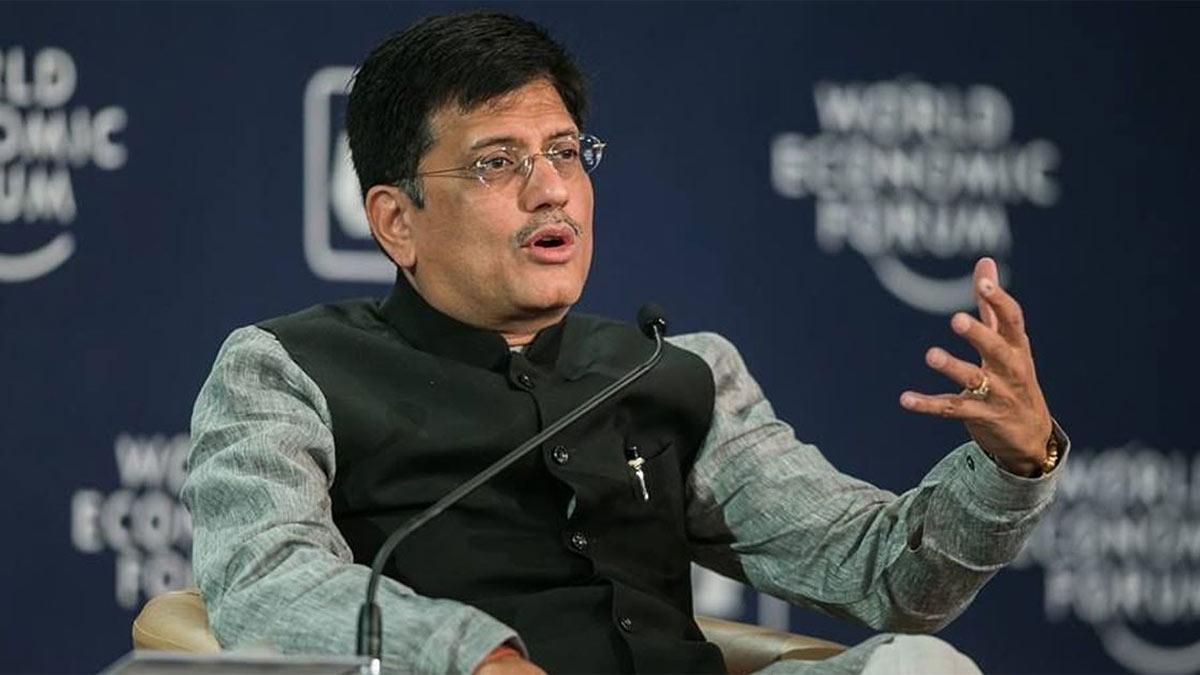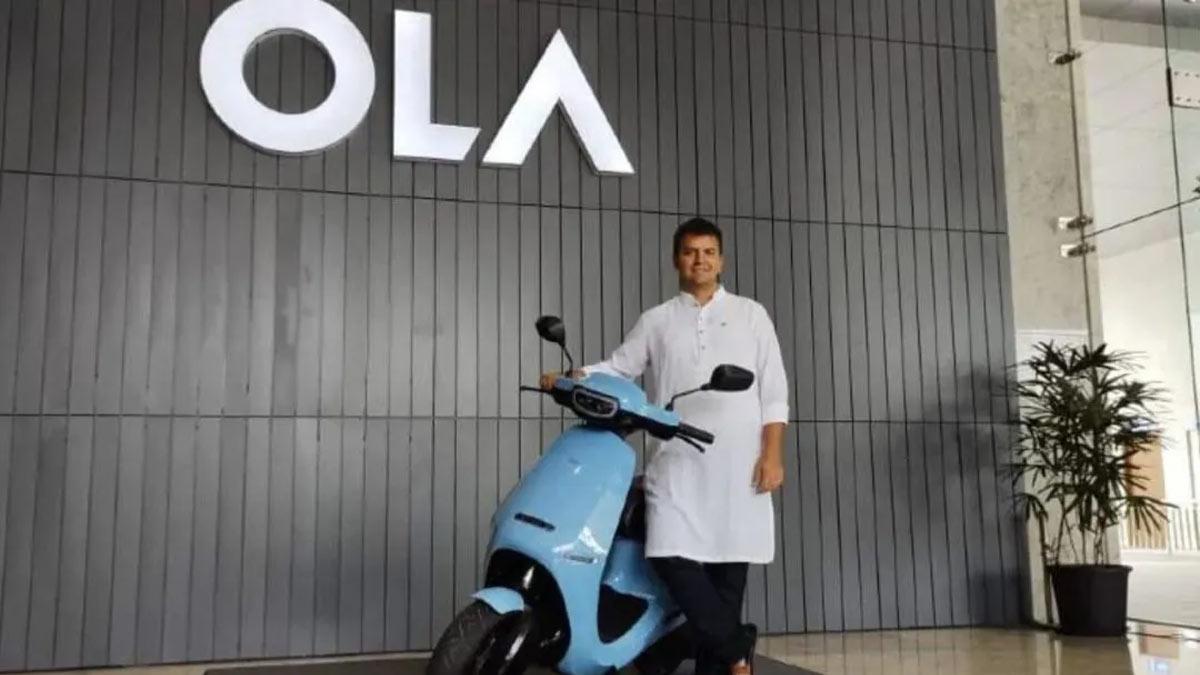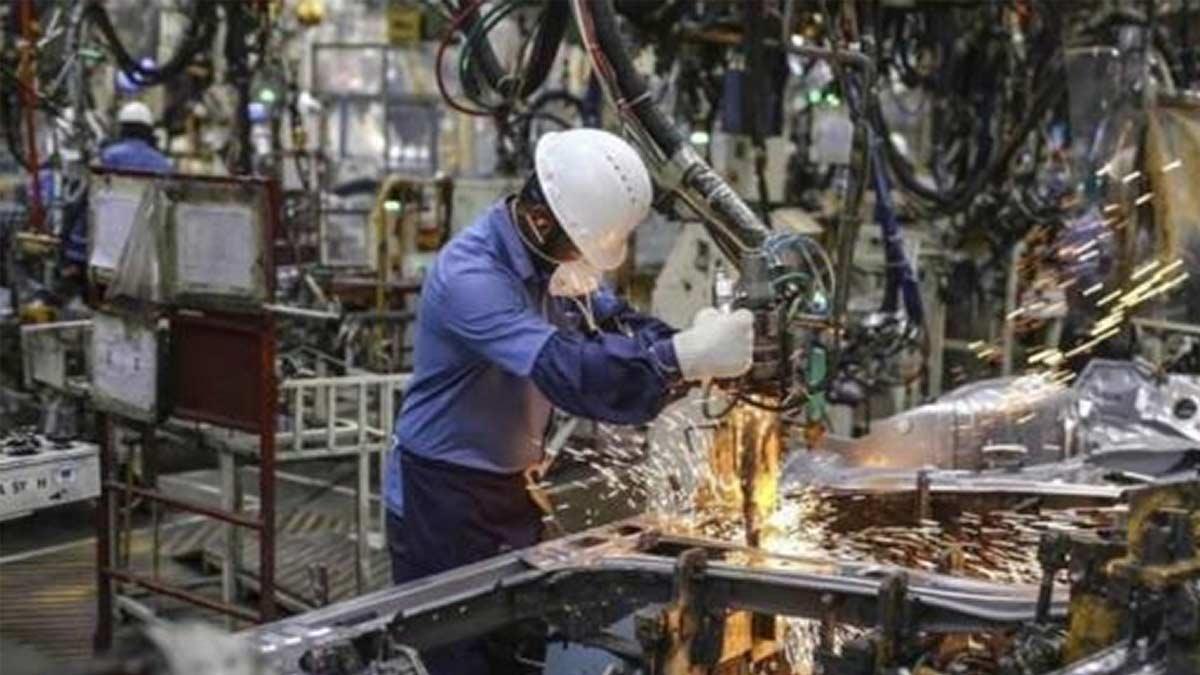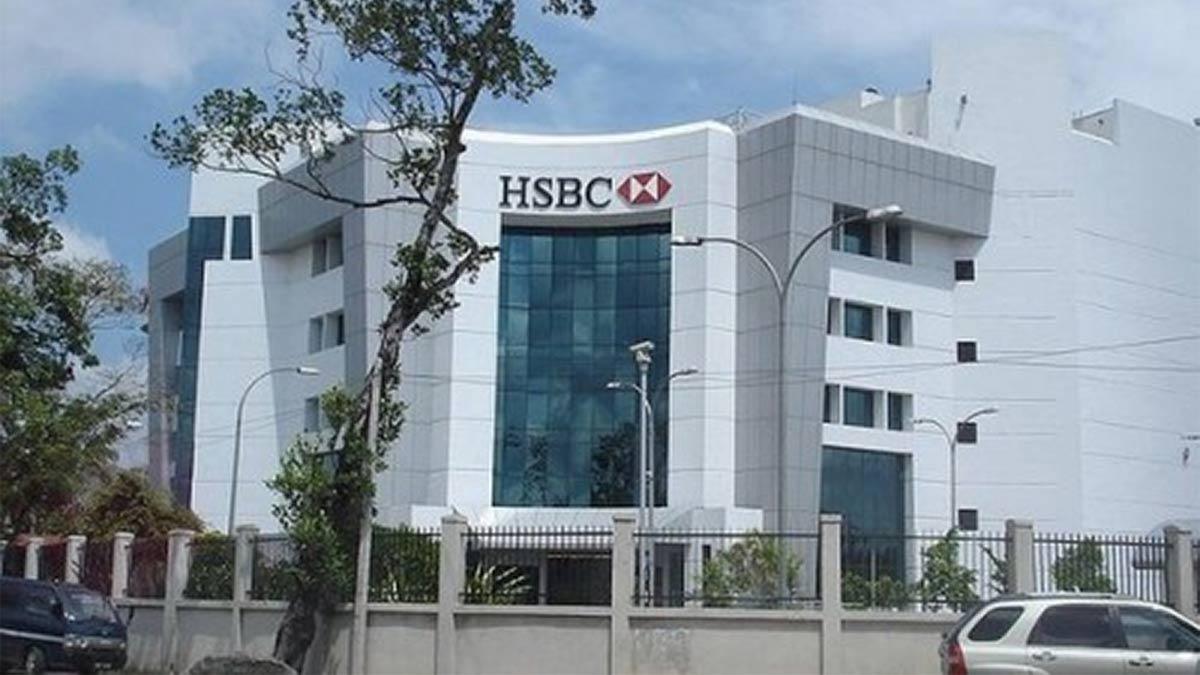Commerce and Industry Minister Piyush Goyal said on Thursday that talks between India and the US for the proposed trade agreement are going in a positive direction and would be advantageous for both countries while keeping India's interests safe.
Goyal emphasized that he is in constant discussion with people representing different industries, such as agriculture, engineering, electronics, and textile industries, and other principal stakeholders. He mentioned there is a general euphoria regarding the prospect of the bilateral trade agreement, stating, "The discussions are ongoing. They are going well and will be for the benefit of both the United States and India."
Addressing at the Times Now Summit, Goyal countered a question regarding possible economic woes in April by assuring that India's growth track is robust. He reiterated that with Prime Minister Narendra Modi at the helm, the nation is resolutely committed to economic progress with the vision of positioning India as a global superpower in the "Amrit Kaal" period.
"Turbulence can crop up, but the commander and pilot are very much in control of things," he said. "Not just will the flight safely land, but it will set off on many more successful flights towards our vision of Viksit Bharat 2047."
His words come at a time when US President Donald Trump has set the stage for imposing reciprocal tariffs from April on major trade partners, including India. Trump has repeatedly condemned India's high tariffs on American products. The US has also already imposed tariffs on China, with 25% import duties on steel and aluminum effective from March 12. On March 26, Trump announced a sweeping 25% tariff on fully built vehicles (CBUs) and auto components, to be effective from April 3.
A US delegation headed by Assistant US Trade Representative for South and Central Asia, Brendan Lynch, is in India for talks. The three-day talks will come to a close on Friday. Both countries hope to seal the first part of the agreement by fall 2025 (September-October) and have laid out a goal of increasing bilateral trade to over $500 billion by 2030 from the existing $190 billion.
Part of the negotiations involve the US calling for greater access to the market in industrial goods, automobiles, wines, petrochemical goods, and specific agricultural products. On the other hand, India has been negotiating reductions in tariff on labor-intensive products such as textiles.
India's key exports to the US in 2024 were drug formulations and biologicals ($8.1 billion), telecom equipment ($6.5 billion), precious and semi-precious stones ($5.3 billion), petroleum products ($4.1 billion), gold and jewelry ($3.2 billion), cotton garments and accessories ($2.8 billion), and iron and steel products ($2.7 billion).
On the other hand, major imports from the US were crude oil ($4.5 billion), petroleum products ($3.6 billion), coal and coke ($3.4 billion), cut and polished diamonds ($2.6 billion), electrical machinery ($1.4 billion), aircraft and spacecraft components ($1.3 billion), and gold ($1.3 billion).
Indian industry captains and exporters have voiced fears over the effect of retaliatory tariffs, stating that such actions can hurt businesses substantially and instill uncertainty. India lowered import tariffs on bourbon whiskey from 150% to 100% in February following US pressure and also decreased tariffs on particular wine varieties. Customs duties on motorcycles, flavouring essences, and individual beverages were also decreased, facilitating American exports.
India also made the recent cut of eliminating the equalization tax on technology corporations like Google. The US still pushes for an expansive trade accord, specifically larger access to the Indian agricultural economy.
US exports of agricultural goods to India stood at $1.6 billion in 2024, its largest products consisting of in-shell almonds ($868 million), pistachios ($121 million), apples ($21 million), and ethanol ($266 million).
Read also| Centre to Borrow ₹8 Lakh Crore in H1 FY26, Covering 54% of Annual Target
Read also| Gautam Adani becomes India's biggest wealth gainer: Hurun Global Rich List


















